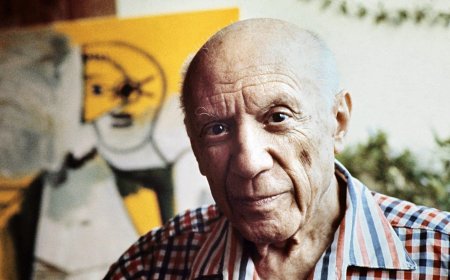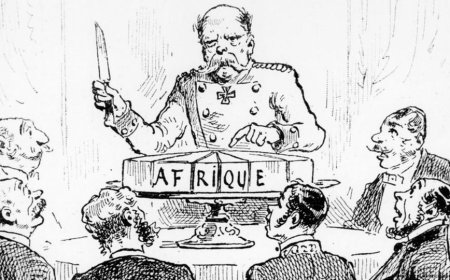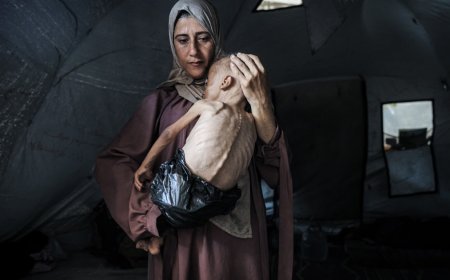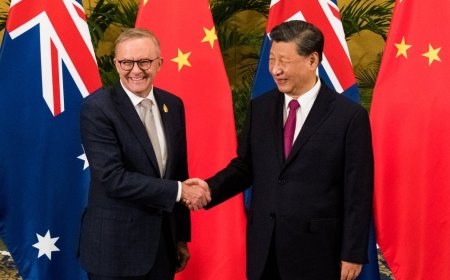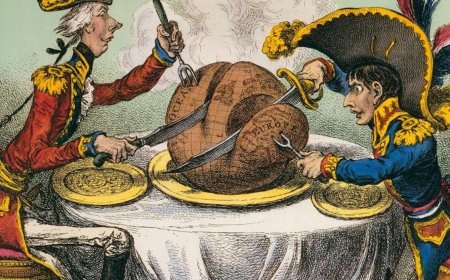The Berlin Conference: how European powers divided Africa
139 years ago, the major European colonial powers gathered in Berlin to negotiate and define their spheres of influence in Africa without considering the wishes or interests of the African peoples.

The Berlin Conference took place from November 15, 1884, to February 26, 1885. It was convened by the German Chancellor Otto von Bismarck and aimed to regulate and define the colonization and partition of Africa among the major European powers of the time.
The conference was not a single event but rather a series of meetings held in Berlin, Germany, where representatives from various European countries gathered to negotiate and discuss their interests in Africa. The major European powers that were involved in the conference included:
- Germany: The host of the conference, represented by Otto von Bismarck.
- Great Britain: Represented by Lord Salisbury and other officials.
- France: Represented by Jules Ferry and other officials.
- Portugal: Represented by António de Serpa Pimentel and other officials.
- Spain: Represented by Julián Paz y Guillén and other officials.
- Italy: Represented by Francesco Crispi and other officials.
- Belgium: Although not present at the beginning of the conference, Belgium later participated and was represented by representatives like Henry Morton Stanley and Alexandre Delcommune.
The conference aimed to address disputes over colonial territories in Africa and to establish guidelines for the acquisition of territories, the recognition of claims, and the principles for effective occupation. The primary objective was to prevent conflicts among European powers over Africa and to establish a framework for their colonial expansion on the continent. However, the conference did not involve any African representatives, and the decisions made at the conference were entirely driven by the European powers' interests.
The Berlin Conference had significant implications for the subsequent colonization of Africa and the establishment of colonial borders, even though its decisions were not always effectively implemented on the ground. The arbitrary division of African territories during the conference continues to shape the socio-political landscape of the continent to this day.
Facts and consequences
Indeed, the most immediate and tangible impact was the arbitrary drawing of borders that often cut across ethnic, linguistic, and cultural boundaries. This led to the creation of modern African countries that did not reflect the pre-existing social and cultural landscapes. This arbitrary division contributed to tensions, conflicts, and instability in many regions.
African nations and peoples were largely disregarded in the decision-making process. The imposition of European control disrupted traditional systems of governance and authority. Many African communities lost their sovereignty and autonomy, as colonial powers established direct or indirect rule.
The division of Africa was driven by economic interests, with colonial powers seeking to extract valuable resources such as minerals, rubber, timber, and agricultural products. This exploitation often took the form of forced labor, taxation, and resource extraction without adequate compensation or benefit for the local populations.
European colonization disrupted traditional African cultures, religions, and ways of life. Missionary activities, cultural assimilation policies, and the imposition of European languages and customs contributed to the erosion of indigenous cultures.
The arbitrary borders and colonization practices led to conflicts among different ethnic and cultural groups that were forced to coexist within the same political entities. Many African societies resisted colonization through various means, including armed resistance, diplomatic efforts, and cultural preservation.
The economic exploitation that occurred during the colonial period has left a legacy of inequality in resource distribution and development. Many African nations continue to struggle with economic disparities, limited access to education and healthcare, and challenges related to poverty and underdevelopment.
European powers disrupted established trade routes and networks that had existed for centuries. This disruption had negative economic consequences and contributed to a shift in how resources and goods were exchanged within the continent.
The division of Africa through the Berlin Treaty was a pivotal event in the history of the continent. Its impacts, both direct and indirect, continue to influence contemporary challenges and opportunities faced by African nations. Post-colonial Africa has grappled with issues related to border disputes, ethnic tensions, governance, economic development, and cultural preservation, among others, as a result of the colonial legacy.
Anyway, while the Berlin Conference and colonialism have undoubtedly played a significant role in shaping Africa's current challenges, they are not the sole factors at play. Modern challenges are also influenced by factors such as global economic dynamics, geopolitical interests, governance practices, social and cultural factors, and more.
Recognizing the historical roots of these challenges is important for understanding the context in which African nations operate and for finding ways to address ongoing issues in a comprehensive and sustainable manner. Efforts to address these challenges often require a combination of political, economic, social, and cultural approaches tailored to the specific circumstances of each country and region.




























